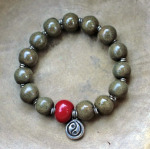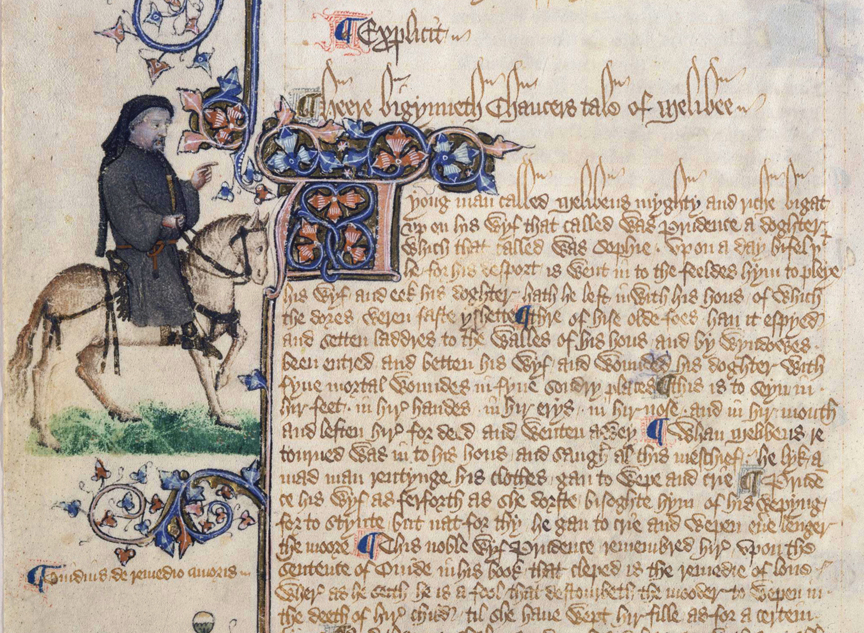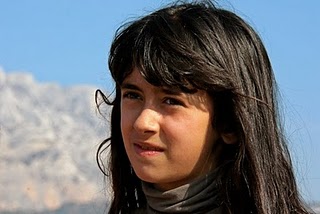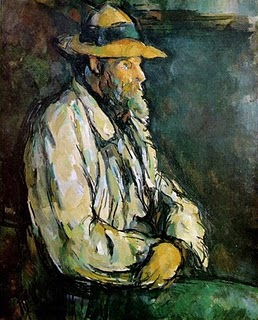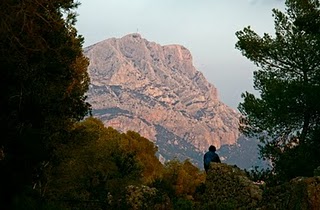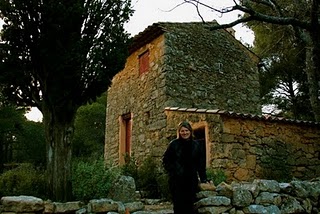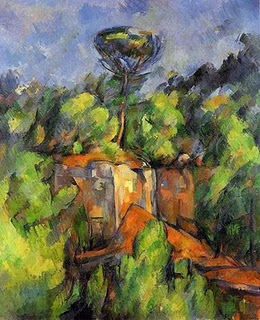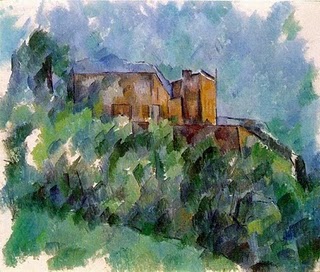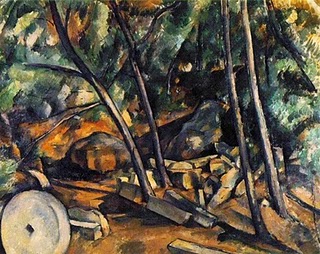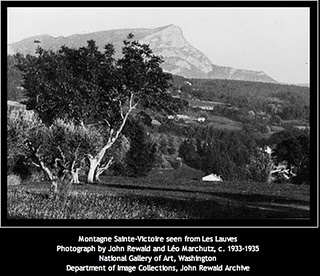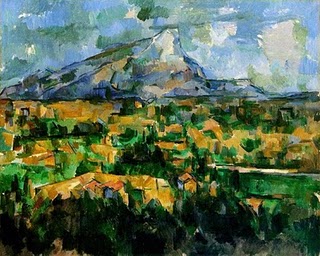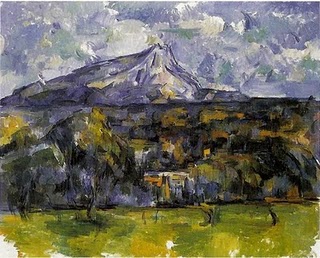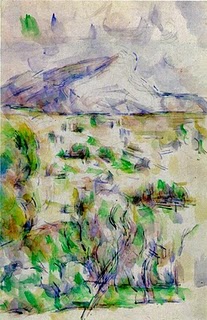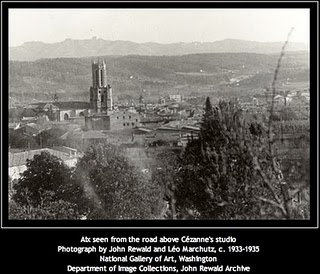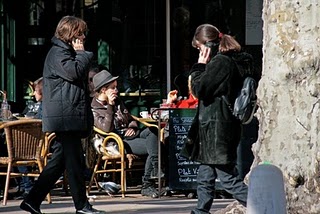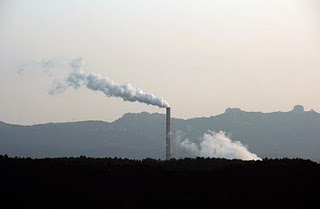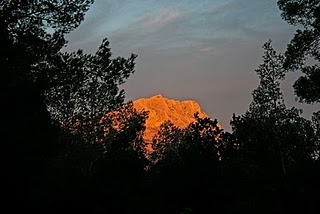 No one ever said it should be easy,
No one ever said it should be easy,

…coming back home again, that is.

You thought you understood it – that you weren’t just making a trip this time,

…but had become a traveler instead.

But perhaps it’s only now, when your old/new life welcomes you back in,

…that you realize how much the road has crept into your bones

…and that there’s a pilgrim-self within you that desperately wants to stay alive.

So we still haven’t unpacked all the way. And there are packages we mailed home to ourselves that we haven’t opened yet.

And for the longest time, I couldn’t bear to put away my open travel bag.

We’ve heard so many good questions since we’ve been back.
One of them our good friend Greg asked…

“What is it that you think you really miss – the places you visited, or the self you became while you were traveling?”

“They’re bound up with one another, aren’t they?” I said at last.
“Yes, they must be,” he said back.

Our friend Dave Saunders, back home for a little while from Red Rhino Orphanage in Kenya, was at table this night, too.
 “All I know,” Dave said, “is that I’m my best self when I travel.”
“All I know,” Dave said, “is that I’m my best self when I travel.”

Not only have we seen Dave since we’ve been back, but our friend Shree Gopal Shrestha from Kathmandu, and his friend Sushil, have visited us, too -- and two good friends from the south of France.

It is like our journey has been visiting us this time.

“If we don’t really practice now,” Debi and I said to one another on our way back home, “ we might lose it all.”

So Debi’s been sitting every morning since we’ve been back,

…“sweeping the garden, any size”

…to keep away the clutter

…so that the real can find its way back in.

But you know how difficult that is – clearing up the clutter within yourself

…as the real goes around knocking on all the doors and windows.

In fact, maybe it’s because the real is everywhere that it’s so difficult.

Maybe we’re terrified of it.

Maybe we’d just prefer to go back to sleep and let that slippery entity, the self, continue to preen and posture as if it’s really some fixed thing after all.

It’s the habituated eye and heart – and not the world -- that closes the door on everything.
And we habituate so easily.

It’s understandable, after all. We need to create a familiar space. We want to wake up in the middle of the night and sense that things are just where we had left them.

You asked us. “Tell us the truth,” you said. “Tell us what it’s really like now that you are back.”
OK, take a good deep breath. Certainly, we can tell the truth to one another after all this time?

But the first thing that wants to jump out of my mouth is this: that suburbia can be a neat comfortable trap.

And that all the things most appealing about it – its orderliness and cleanliness and efficiency – can be ironically what pins you in the most.

But certainly we don’t miss the antithesis -- the poverty and pollution and pell-mell raucous street noise

…of Addis Ababa

…and Nairobi

…and Kulithalai

…and Kathmandu.

Or do we?
Because isn’t part of what we miss

…the open air raggedness

…of a daily life

…outside of any walls at all?
 The patterns of our old life close back in as easily as some old suit.
The patterns of our old life close back in as easily as some old suit.
But the truth is: I don’t want my old life back. Not all of it anyway.

And certainly not those barbs that the soul can get caught on as by an old ranch fence where she hangs and withers and disappears in the noonday sun.
And I don’t want to confine you either -- within my own presumptions of you it is you’re supposed to be.

On the road, you invent yourself – or the road invents you – new each day.

You’re no longer the CEO of your own life. There’s been some insurrection.
“Throw the damn fools out,” someone has called out.

And now you’re not quite sure who you are.

You need to splash water on your face in the morning and ask the day itself to tell you.

Look over in the corner. There’s a travel-bag that’s lived a whole lifetime in just one year. And it’s just as dusty and eager as you are to head out that door again.

On the road, the furniture whispers “hush” and rearranges itself differently each night.

It just wants to surprise you.

And some damn things it just moves all the way out the door
…without even bothering to tell you where the familiar might have hid itself

…because it understands

...that you don’t really need to know.
 Wednesday, April 21, 2010 at 8:43PM
Wednesday, April 21, 2010 at 8:43PM 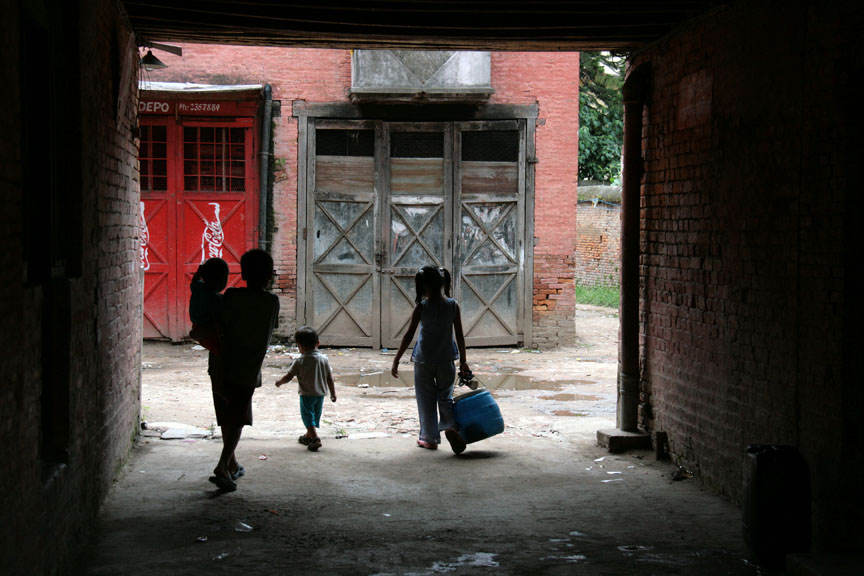
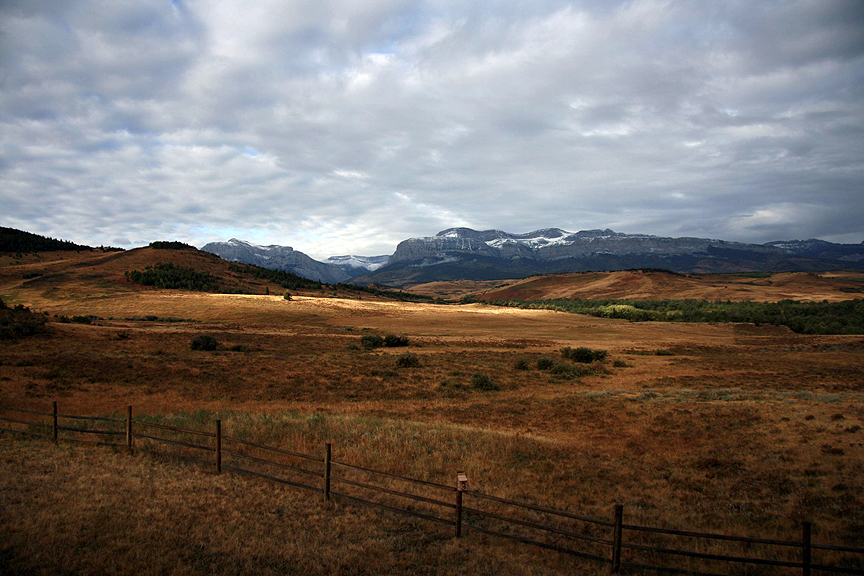
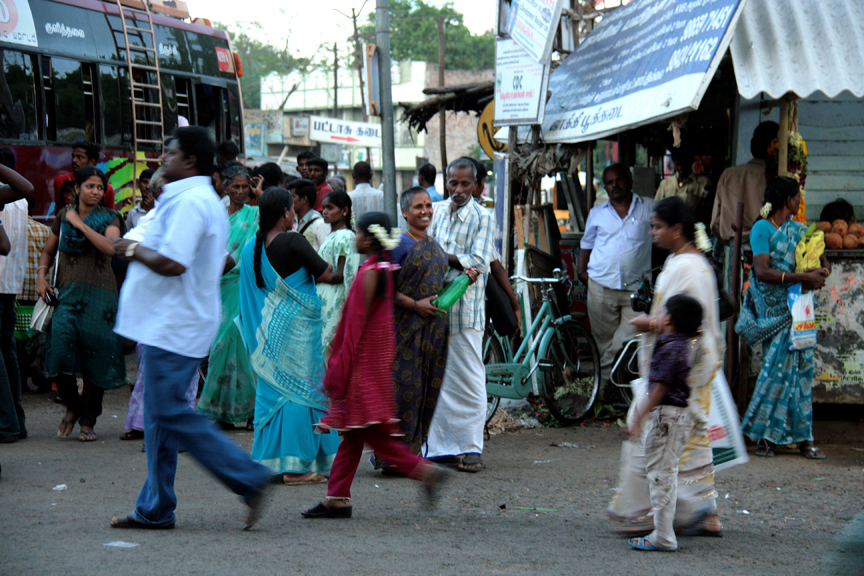
 Edward Abbey,
Edward Abbey,  Thoreau,
Thoreau,  Vonnegut,
Vonnegut,  walking | in
walking | in  Finding balance,
Finding balance,  Mindfulness,
Mindfulness,  Pilgrimage,
Pilgrimage,  Walking meditation
Walking meditation 
